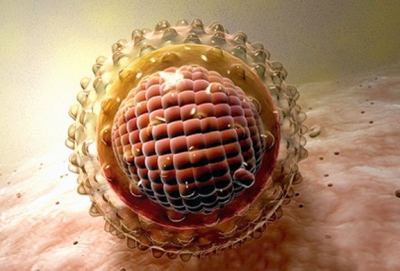Rarer forms of flu may be the key to producing a vaccine that protects against many different strains, scientists believe. Research suggests immunisation against bird flu strains that do not usually threaten humans may provide the nearest thing yet to a ‘universal’ flu vaccine.
Exposure to an unfamiliar flu strain causes the immune system to release broadly effective antibodies, the study shows. The find raises the possibility of vaccinating people against H5N1 and H7N9 bird flu strains, even though neither has caused an epidemic.
The secret to producing a universal flu vaccine is to target the ‘stem’ rather than the ‘head’ of the virus. Unlike the head, the stem mutates little and is less able to evade vaccine antibodies by changing the shape of proteins.
Study leader Dr Ali Ellebedy, director of the Emory Vaccine Centre in Atlanta, US, said: “Our previous research led us to hypothesise that immune responses to the stem region are likely to be stronger after exposure to molecules derived from flu viruses which the human population has been minimally exposed to.”
A wide-ranging immune response was seen in patients infected by the H1N1 swine flu strain.
Scientists noticed that several infected patients developed broadly protective antibodies that were also effective against other strains.
Dr Ellebedy's team analysed volunteers' immune system responses to a vaccine against the H5N1 bird flu strain. The researchers found that levels of stem-targeting antibodies rose an average of four-fold after the first H5N1 vaccination.
But a subsequent booster shot produced only a feeble anti-stem response. Instead, antibodies targeting the head of the virus now dominated.

















